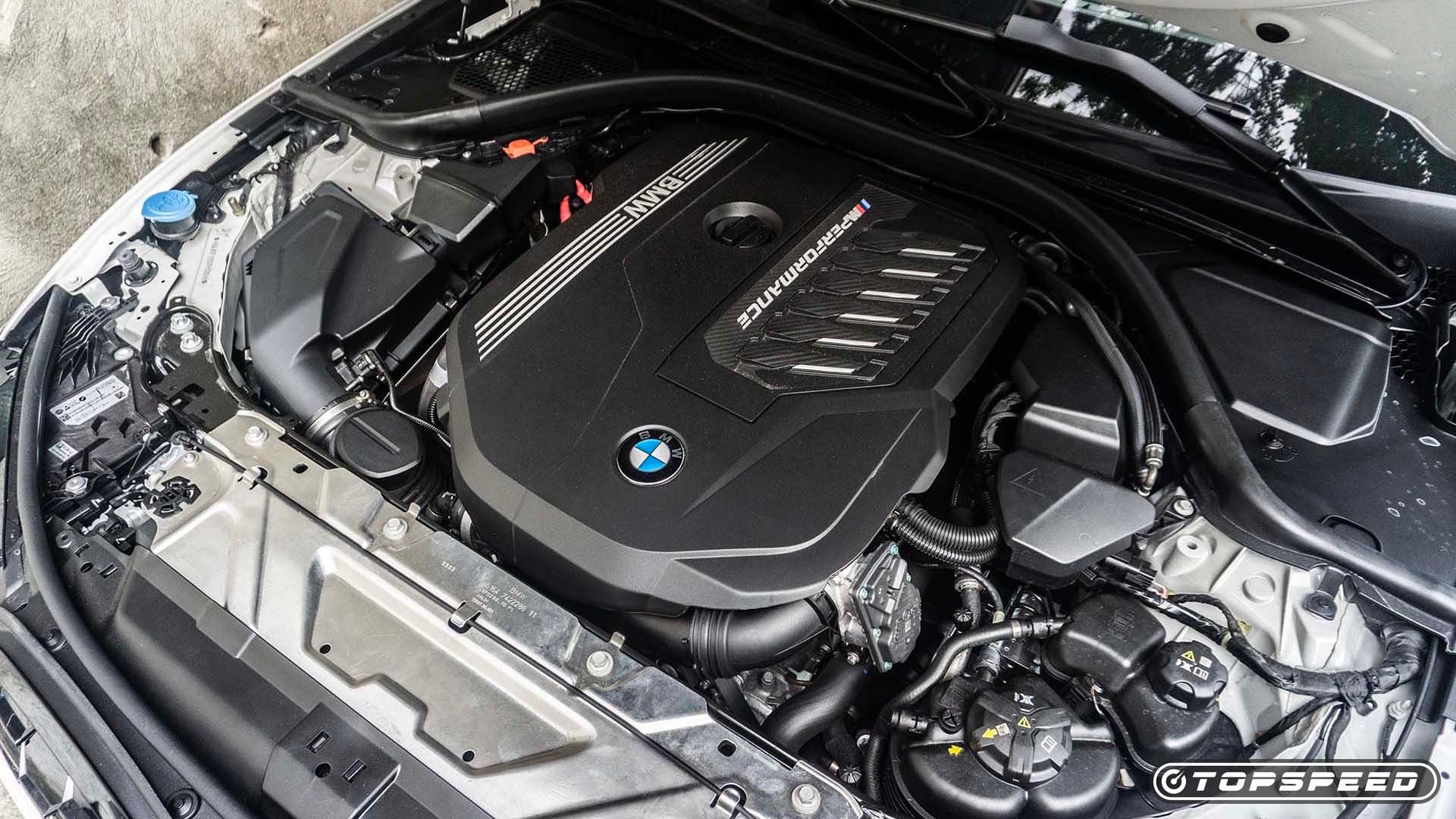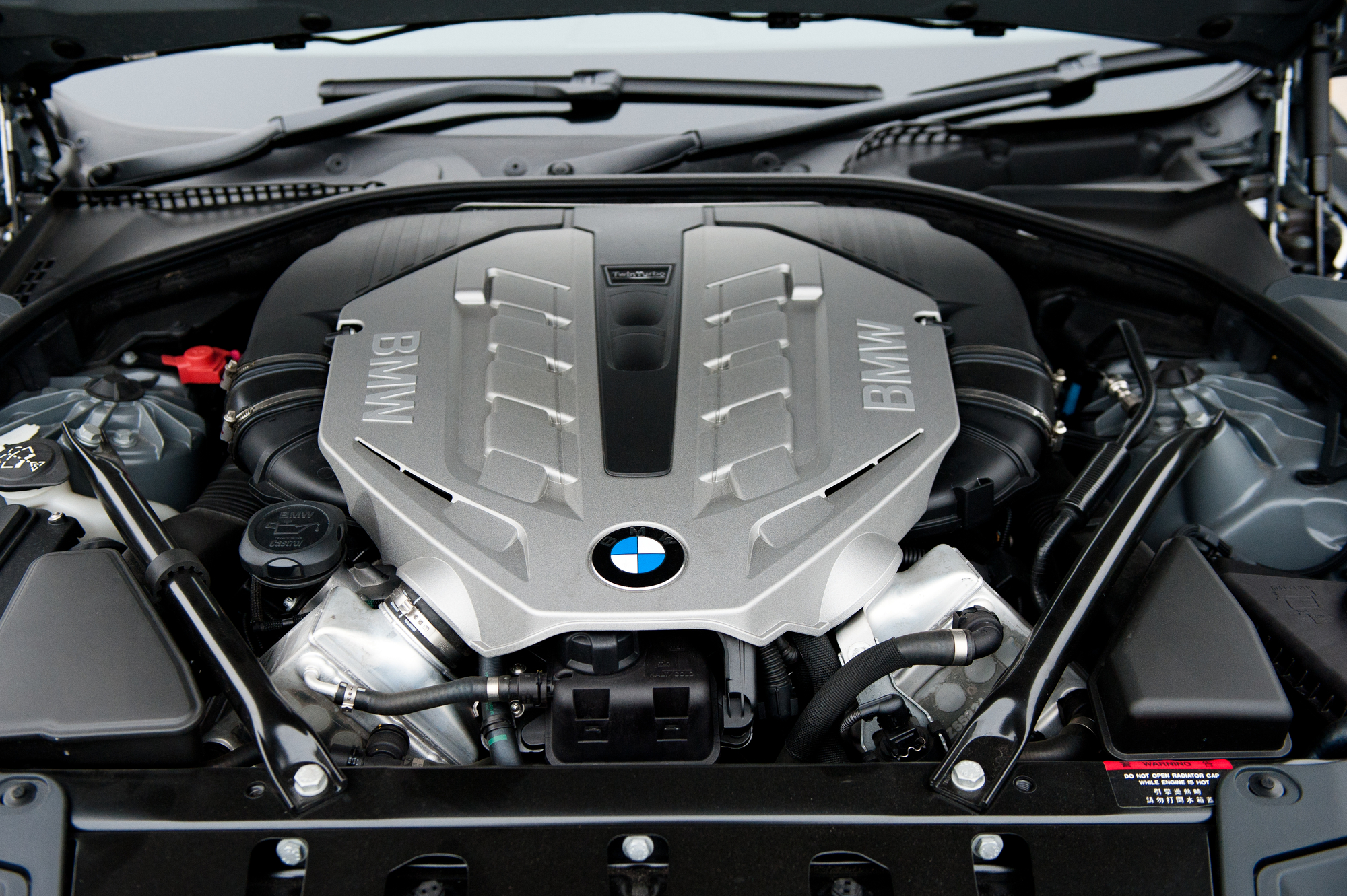The Development of the BMW Engine: A Look Back at Iconic Designs
The Development of the BMW Engine: A Look Back at Iconic Designs
Blog Article
Revealing the Intricacies of Next-Generation Power Units: a Deep Dive Into Advanced Engine Developments and designs
In the world of vehicle engineering, the unrelenting pursuit of performance, sustainability, and effectiveness has actually thrust the evolution of power devices to extraordinary elevations. As we base on the precipice of a new period in transportation, the complexities of next-generation engine designs bid us to check out the cutting-edge modern technologies and advancements that guarantee to redefine the driving experience. From advanced products that press the borders of resilience and weight decrease to advanced turbocharging and supercharging systems that boost power outcome to brand-new degrees, each part of these power units holds a key to unlocking the future of vehicle engineering. Diving deeper right into the realms of emission control, smart engine administration systems, and the horizon of power device development, we locate ourselves on the cusp of a makeover that guarantees to reshape the landscape of wheelchair as we understand it.
Evolution of Engine Products

The shift towards progressed engine products has actually additionally enabled designers to make engines with greater power outputs while maintaining fuel effectiveness criteria. The use of lightweight materials decreases the general weight of the engine, leading to enhanced fuel economic climate and lower discharges. In addition, advancements in materials innovation have enabled far better thermal administration within engines, leading to enhanced dependability and longevity.
Turbocharging and Supercharging Technologies
Exactly How do Turbocharging and Supercharging Technologies transform engine performance and performance in contemporary cars? Turbocharging and supercharging are innovations that significantly boost engine performance by boosting the quantity of air intake into the burning chamber. Turbocharging achieves this by using a wind turbine driven by exhaust gases to pressurize the consumption air, while supercharging uses a belt- or chain-driven compressor to accomplish the very same effect.
These innovations make it possible for smaller, much more fuel-efficient engines to generate power equal to larger ones, called downsizing. By compeling even more air right into the cyndrical tubes, turbocharging and supercharging enhance burning performance, leading to raised horsepower and torque result without a significant boost in engine dimension. This causes better acceleration, lugging capacity, and general driving performance.
Additionally, turbocharging and turbo charging add to enhanced fuel performance by enabling the usage of smaller engines that consume much less gas under typical driving problems - bmw engine. This mix of enhanced performance and effectiveness has actually made turbocharging and turbo charging essential elements of several modern engine designs
Discharge Control and Environmental Effect
With raising global issues relating to air top quality and ecological sustainability, the application of emission control technologies in cars plays a crucial role in decreasing dangerous contaminants released right into the atmosphere. Modern cars are furnished with advanced exhaust control systems that aid decrease the ecological influence of automobile procedures. Catalytic converters, as an example, are created to transform harmful gases such as carbon monoxide, nitrogen oxides, and hydrocarbons into much less hazardous substances like carbon dioxide and water vapor.
Furthermore, developments in engine technology, such as the combination of exhaust gas recirculation systems and discerning catalytic reduction, have dramatically contributed to reducing exhausts. These innovations function in tandem to maximize combustion efficiency and minimize the release of damaging pollutants right into the air. In addition, the advancement of hybrid and electrical lorries represents an essential action in the direction of decreasing the overall environmental footprint of the transport field.
Intelligent Engine Administration Systems

Furthermore, these systems make it possible for lorries to fulfill stringent emissions requirements without endangering performance, giving an extra eco-friendly driving experience. The integration of expert system and artificial intelligence capabilities in engine monitoring systems continues to push the limits of what is possible, causing further improvements in effectiveness, reliability, and total automobile performance. bmw engine. As vehicle innovation developments, smart engine monitoring systems will play an important role in shaping the future of transportation in the direction of an extra sustainable and efficient direction
Future Trends in Power Unit Growth
As smart engine administration systems lead the method for improved control and optimization in modern cars, future trends in power system growth are positioned to redefine the landscape of vehicle propulsion innovations. These alternate power sources offer enhanced effectiveness and performance while aligning with stringent ecological guidelines.
One more substantial pattern is the assimilation of sophisticated materials and manufacturing methods. Light-weight products such as carbon fiber and aluminum are being made use of to lower general vehicle weight, enhancing gas performance and efficiency. Furthermore, developments in 3D printing check out this site and additive production are allowing the production of complex engine parts with greater precision and check these guys out durability.
In addition, man-made knowledge and artificial intelligence are playing an essential duty in enhancing power unit performance. These modern technologies enable for real-time monitoring and adaptive control, bring about much more dependable and efficient power distribution. In general, future fads in power unit advancement are tailored in the direction of efficiency, sustainability, and performance, driving the vehicle industry towards a new period of propulsion technologies.

Verdict
Finally, the innovations in engine products, turbocharging, exhaust control, and intelligent monitoring systems have led the way for next-generation power systems. These innovations have not only enhanced efficiency and efficiency however additionally decreased ecological effect. As modern technology continues to progress, future trends in power system growth are most likely to focus on more enhancing sustainability and enhancing power result. The intricate styles and advancements in modern-day engines showcase the ongoing development of auto technology.
Discovering the dynamic advancements in engine materials has been critical in improving the performance and effectiveness of modern engines. Over the years, the development of engine materials has played a vital duty you could look here in pressing the limits of what engines can accomplish.The shift in the direction of advanced engine products has actually also enabled designers to design engines with greater power outputs while preserving fuel performance criteria.The execution of smart engine administration systems in contemporary cars has transformed the way engines are controlled and optimized for efficiency and performance. By gathering data in real-time and analyzing it with sophisticated algorithms, smart engine monitoring systems can adapt to driving styles, ecological aspects, and engine health and wellness to make the most of power outcome while decreasing gas usage and emissions.
Report this page